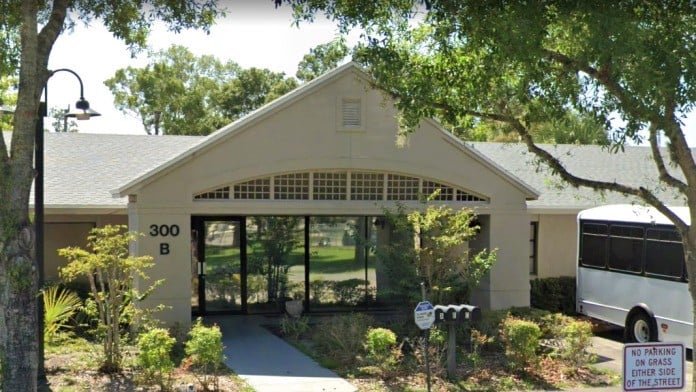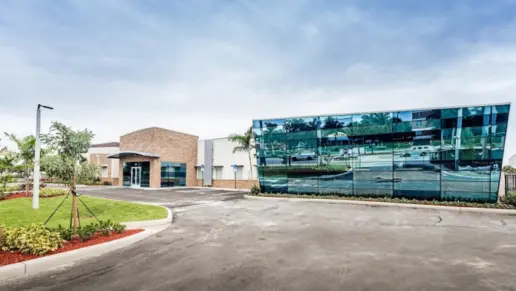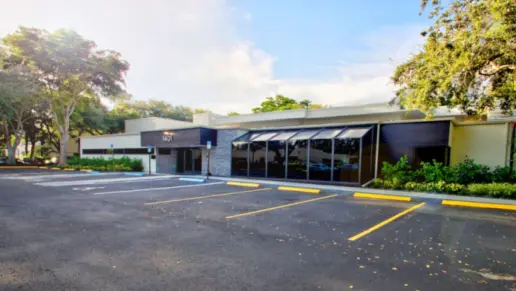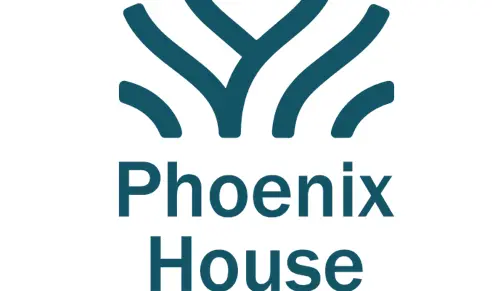About Aspire Health Partners – Bay House
Aspire Health Partners operates Bay House on Bay Avenue in Sanford, Florida. The house is a short-term residential facility with 12 beds and a transitional program for adult men and women. They offer services for those with alcohol and substance use disorder as well as co-occurring (dual diagnosis) mental health issues. The goal is to help patients with persistent mental health issues learn to live independently.
You’ll have a financial screening and the staff will help you figure out if you’re eligible for any special funding or discounts. They accept insurance from many major carriers. They also take TRICARE, Medicaid, and Medicare.
The majority of clients who stay at the house for up to 90 days move into less restrictive environments, such as their own apartments. While in the facility, there’s staff on site around the clock. You’ll share a bedroom with one other person, and there are also common living spaces.
Their program teaches you life skills such as learning the local transportation system, cleaning, budgeting, shopping, and personal hygiene. You’ll also go on social outings. You can have medication management if necessary. You’ll have supportive counseling with crisis intervention available.
It’s a requirement of the house that you attend daily activities, including the Turning Point Psychosocial Rehabilitation Program, supportive employment programs, and Charlotte’s Place Clubhouse. In the Turning Point Program, you’ll meet individually with a counselor and take part in optional workshops.
Charlotte’s Clubhouse is accredited by Clubhouse International. It’s for people with mental health issues and co-occurring disorders. When you go to the clubhouse, you attend as a member. They offer employment programs and focus on wellness, abilities, and skills. Members build self-esteem through participating in temporary employment. There are also social activities planned by members to encourage healthy relationships and fun beyond work hours. Charlotte’s Clubhouse serves adult men and women and is open on weekdays.
Facility Overview
Gallery

Location
Accepted Insurance



Other Forms of Payment
Financial aid can take many forms. Centers may have grants or scholarships available to clients who meet eligibility requirements. Programs that receive SAMHSA grants may have financial aid available for those who need treatment as well. Grants and scholarships can help you pai for treatment without having to repay.
Sliding scale payments are based on a client's income and family size. The goal is to make treatment affordable to everyone. By taking these factors into account, addiction recovery care providers help ensure that your treatment does not become a financial burden to you or your family, eliminating one barrier to care.
Medicaid is a state based program that helps lower-income individuals and families pay for healthcare. Medicaid covers addiction treatment so those enrolled can use their coverage to pay for rehab. When a program accepts Medicaid the client often pays very little or nothing out of their own pocket.
Medicare is a federal program that provides health insurance for those 65 and older. It also serves people under 65 with chronic and disabling health challenges. To use Medicare for addiction treatment you need to find a program that accepts Medicare and is in network with your plan. Out of pocket costs and preauthorization requirements vary, so always check with your provider.
Military members, veterans, and eligible dependents have access to specific insurance programs that help them get the care they need. TRICARE and VA insurance can help you access low cost or no cost addiction and mental health treatment. Programs that accept military insurance often have targeted treatment focused on the unique challenges military members, veterans, and their families face.
Addiction Treatments
Levels of Care
Treatments
The goal of treatment for alcoholism is abstinence. Those with poor social support, poor motivation, or psychiatric disorders tend to relapse within a few years of treatment. For these people, success is measured by longer periods of abstinence, reduced use of alcohol, better health, and improved social functioning. Recovery and Maintenance are usually based on 12 step programs and AA meetings.
Drug rehab in Florida provides quality treatment to help individuals overcome dependency related to a wide range of addictive substances. Programs address both the physical and mental aspects of addiction in order to help you make a full recovery.
Many of those suffering from addiction also suffer from mental or emotional illnesses like schizophrenia, bipolar disorder, depression, or anxiety disorders. Rehab and other substance abuse facilities treating those with a dual diagnosis or co-occurring disorder administer psychiatric treatment to address the person's mental health issue in addition to drug and alcohol rehabilitation.
A combined mental health and substance abuse rehab has the staff and resources available to handle individuals with both mental health and substance abuse issues. It can be challenging to determine where a specific symptom stems from (a mental health issue or an issue related to substance abuse), so mental health and substance abuse professionals are helpful in detangling symptoms and keeping treatment on track.
Opioid rehabs specialize in supporting those recovering from opioid addiction. They treat those suffering from addiction to illegal opioids like heroin, as well as prescription drugs like oxycodone. These centers typically combine both physical as well as mental and emotional support to help stop addiction. Physical support often includes medical detox and subsequent medical support (including medication), and mental support includes in-depth therapy to address the underlying causes of addiction.
Programs



Clinical Services
In individual therapy, a patient meets one-on-one with a trained psychologist or counselor. Therapy is a pivotal part of effective substance abuse treatment, as it often covers root causes of addiction, including challenges faced by the patient in their social, family, and work/school life.
Life skills trainings involve all the skills a person must have in order to function successfully in the world. These include time management, career guidance, money management, and effective communication. Truly successful addiction recovery is based on the ability to not only live substance-free, but to thrive. Life skills teaches the practical necessities of functioning in society, which sets clients up for success in life, and therefore sobriety.
Recreational therapy (aka therapeutic recreation) uses creative and fun activities to help with addiction recovery. Recreational therapists lead patients in entertaining and engaging activities like sports or games; art (drawing, painting, sculpture); drama, music, and dance; and/or community outings (field trips) to improve patients' physical, social, and emotional well-being.
Amenities
-
Residential Setting
-
Private Setting
-
Private Transportation
Staff & Accreditations
Staff

President and CEO
Accreditations

The Commission on Accreditation of Rehabilitation Facilities (CARF) is a non-profit organization that specifically accredits rehab organizations. Founded in 1966, CARF's, mission is to help service providers like rehab facilities maintain high standards of care.
CARF Accreditation: Yes
Accreditation Number: 30845
Contact Information
351 S. Bay Ave
Sanford, FL 32771










